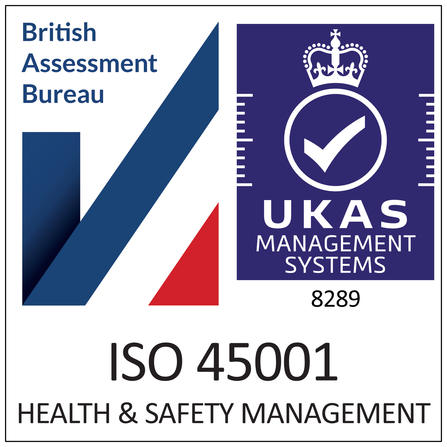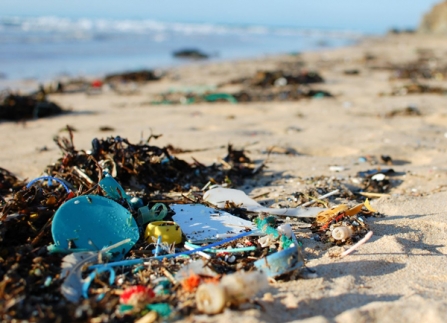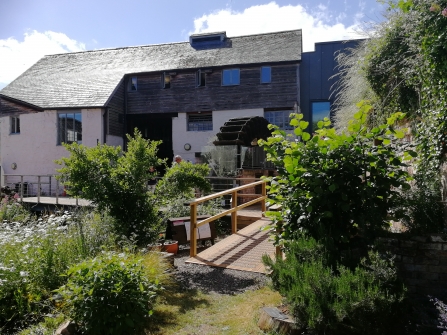
Photo, Jon Hawkins - Surrey Hills Photography
Reducing our environmental impact
We are an environmentally conscious organisation
We acknowledge the impact that our operations may have on the environment and try to minimise any of these adverse impacts.
Bellever Moor and Meadows
Investing time, money and resources into redressing the balance
Every business or organisation has an impact on the environment whether that is through the waste it produces, the energy it consumes or the emissions from its operations ; the net result is always bad for the environment. What counts is what can be done about it.
Even an organisation like DWT that exists purely to benefit the natural world contributes to this impact and that is why we have invested time, money and resources into redressing the balance.
Since 2014 we have operated an Environmental Management System (EMS) to help minimise the adverse environmental impacts of our day-to-day activities and to set continuous carbon reduction targets to make sure that every year we improve on our performance and meet only the highest goals.

International standard
To ensure that DWT operates at the very highest level we have designed and implemented our EMS to meet the internationally recognised standard ISO14001.
Our EMS was certified in the autumn of 2014 which makes us the first Wildlife Trust in the UK to achieve this standard and is now at the forefront of all of our business planning and strategic direction.
You can read our latest Environmental Policy here.
If you would like to find out more about why we implemented an Environmental Management System, click here.
Mean green waste reducing machine (what we do)
The essence of EMS is to reduce our impact on the planet. This is demonstrated in a number of ways but most significantly through what we consume and what we produce.
The EMS is a powerful tool that helps us improve the efficiency and running costs of the Trust, whilst at the same time enhancing the natural environment we work in. By setting clear objectives and working towards a defined plan, Staff are able to see their own environmental impact and understand the roles they play in minimising any harm. This approach is beneficial to both the Wildlife Trust and the environment as we reduce our running costs and cut our carbon emissions and landfill burdens all in one go. There is a real motivation to always strive harder for improvement.Facilities Manager, Devon Wildlife Trust

Photo, Natasha Ewins
Waste & recycling
All our sites recycle waste to reduce the burden on landfill. We have committed to replace our entire petrol and diesel fleet by 2030. Staff have also been proactive in coming up with their own recycling ideas.
Less than 1% of our total carbon footprint (0.46 tonnes CO2e) is attributed to waste. Currently 26% of all our refuse is recycled in the traditional manner and the rest is turned into materials for manufacturing or processed for energy from waste – you can read more about this here.
Transport
Devon is the fourth largest county in England and Devon Wildlife Trust has a presence throughout
Cars or 4x4s are often needed to access many of the rural locations we manage, and we recognise this has an environmental impact.
Our carbon reduction plan, identifies vehicle use as a priority issue to address and we do this in many ways, but always based around the principle of lowering use. We have committed to replace our entire petrol and diesel fleet by 2030 and have already started replace smaller cars with self charging hybrids and Electric Vehicles (EV). All fleet vehicles are fitted with telemetry devices to give us real time information on vehicle emissions and we use this data to provide us with accurate carbon footprint calculations annually. A number of our staff work on a hybrid basis, working several days every week from home which allows us to reduce our scope 3 emissions from commuting and all our offices are equipped with video conferencing facilities to further reduce the need for driving to meetings.
We actively encourage cycling as an alternative to car use – we provide a bicycle for local journeys, equip offices with shower and changing facilities and even came first nationally in the 2018 cycle to work challenge!

Renewable energy
We seek to minimise the use of fossil fuels by utilising natural resources and renewable energy to serve our buildings wherever possible.
At our headquarters, Cricklepit Mill, we have taken the decision to replace carbon heavy gas fired heating with clean air source heating, which extracts heat from the air temperature and uses it to heat the water in our radiators. We also harvest water from the leat for flushing toilets which reduces the need for treated and pumped water.
We also use air source heating at our Woodah Farm office along with rain water harvesting to flush the toilets.
Our Carbon Reduction Plan states that we aim to have at least one renewable energy system running at every DWT property.
We also chose to only buy electricity from providers who generate their own electricity, or who source their electricity directly from those who do. The energy market is complex and a number of energy companies falsely advertise “green tariffs”. They do this exploiting a loophole that allows energy generated from fossil fuels, to be labelled as green. DWT buys all its energy from Good Energy and you can read more about selecting a truly renewable tariff here. We have committed to purchase only renewable energy tariffs, even if they are more expensive because we believe it is the right thing to do for the planet.
Health and safety
We don’t just care about protecting the planet – we care about protecting our people too. Our EMS is combined with a Health & Safety management system which uses the same system of objective setting, hazard identification, legislation monitoring and continual improvement, to give assurances to anyone who works for us or with us, that their safety is our priority. Like the EMS, our safety management systems are audited annual against the internationally recognised ISO45001 standard
Complementing our EMS, policy is our Health and Safety policy which covers all areas of our activities. Devon Wildlife Trust consider health and safety to be an organisational priority. You can read our Health and Safety Policy here.
